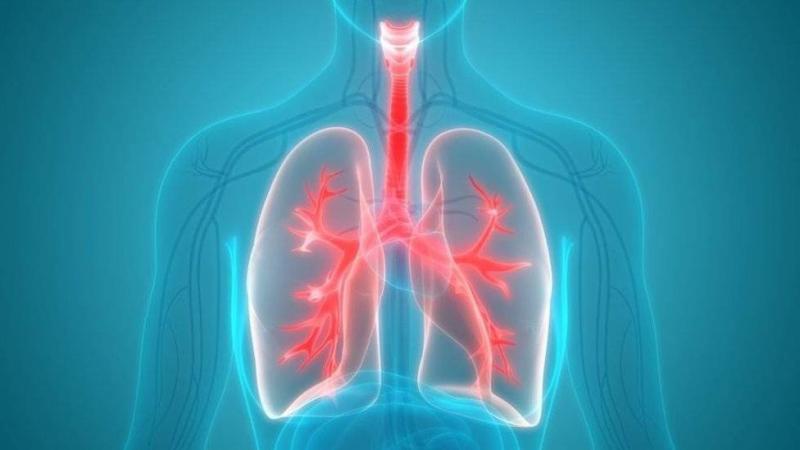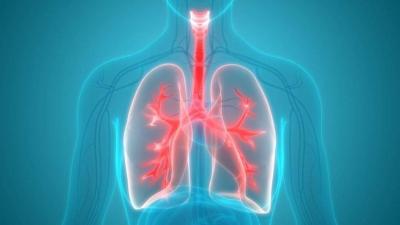With the recent increase in respiratory disease cases reported in China and the global fear of a "new illness," health experts emphasize the importance of good nutrition and avoiding pollutants such as smoking to protect the lungs from complications. There are several tips and steps to follow to improve lung function even if one is already infected, according to a report published by the American newspaper "Washington Post."
Milan Hahn, head of the pulmonary and critical care department at Michigan Health, states, "Your lungs are doing their best to break things down and remove them, but it’s shocking how much material the body cannot get rid of." She explains that dust, chemicals, and air pollution can also affect lung health.
Hahn recommends wearing an "N95" mask when removing dust or debris, or when spraying paint or using strong chemical cleaners. Additionally, she advises that if you have a gas stove, you should always turn on the ventilation hood above it and prefers using electric cooking stoves.
She also suggests choosing cleaners that bear the “safe choice” label certified by appropriate governmental agencies to help prevent lung irritation. According to Hahn, it is important to use air purifiers in places where air pollution occurs, such as the kitchen or living room if there’s a fireplace, as well as in the bedroom where one usually spends most of their time.
JR. Scott Budinger, head of the pulmonary and critical care department at Northwestern Feinberg School of Medicine, stated that priority should be given to foods rich in antioxidants, such as fruits and vegetables, to avoid inflammation throughout the body. Some studies indicate that a heart-healthy diet can help enhance lung function in individuals with lung diseases. A healthy diet can also support the immune system, enabling the body to resist respiratory infections more effectively.
### Necessary Vaccinations
There are three vaccines available that help protect against lung diseases, as follows:
1. **Pneumococcal Vaccines:** Individuals aged 65 and older are at a higher risk of pneumonia, according to the Centers for Disease Control and Prevention (CDC). Younger adults at risk of pneumococcal disease also need a dose of the vaccine.
2. **COVID-19 Vaccines:** For adults aged 65 and older, the CDC recommends getting an additional updated bivalent booster vaccine designed to target the Omicron variant.
3. **Flu Vaccines:** It is recommended to receive these annually, and while they may not prevent infection, they can make the illness less severe and more moderate.




